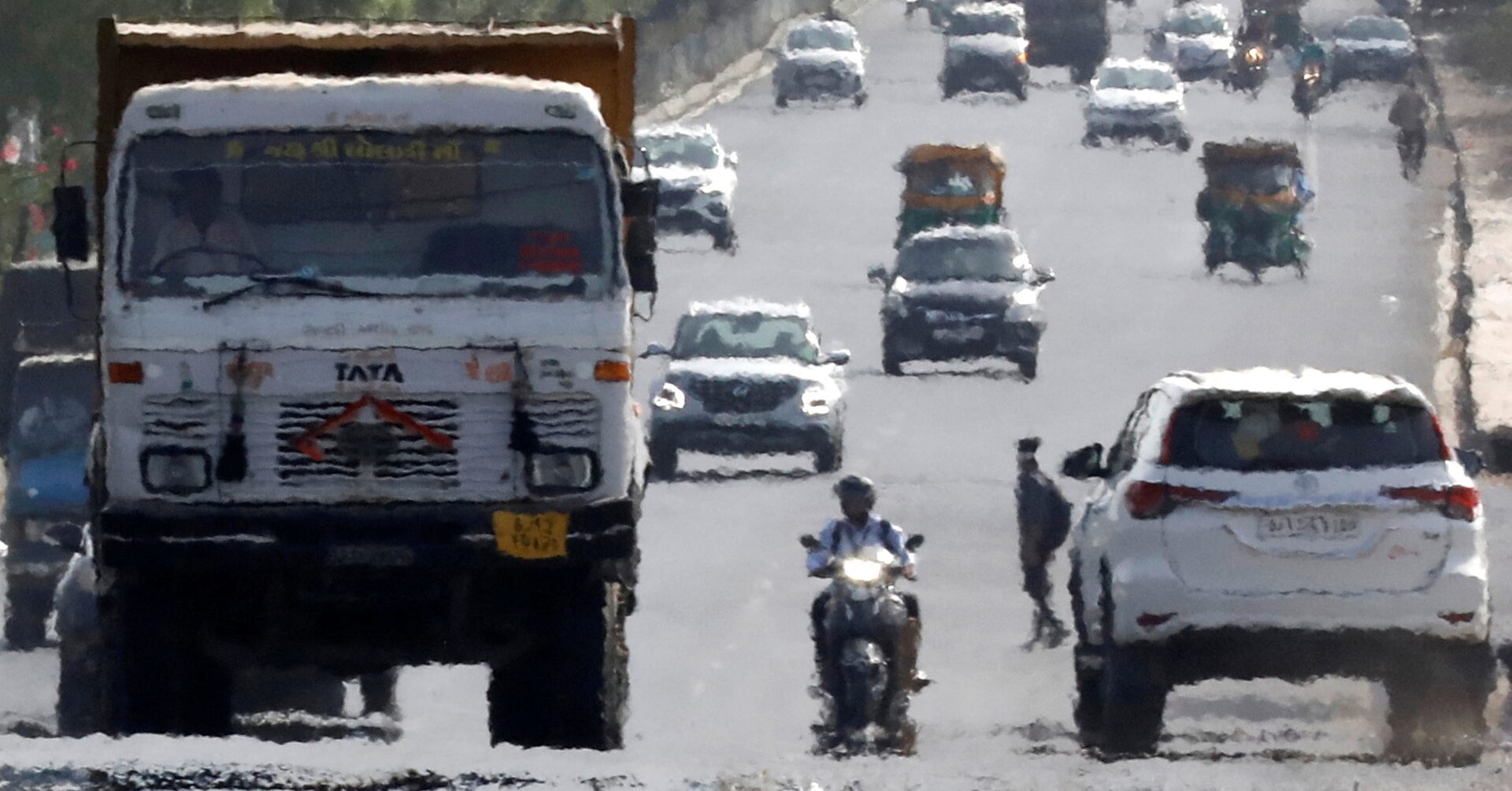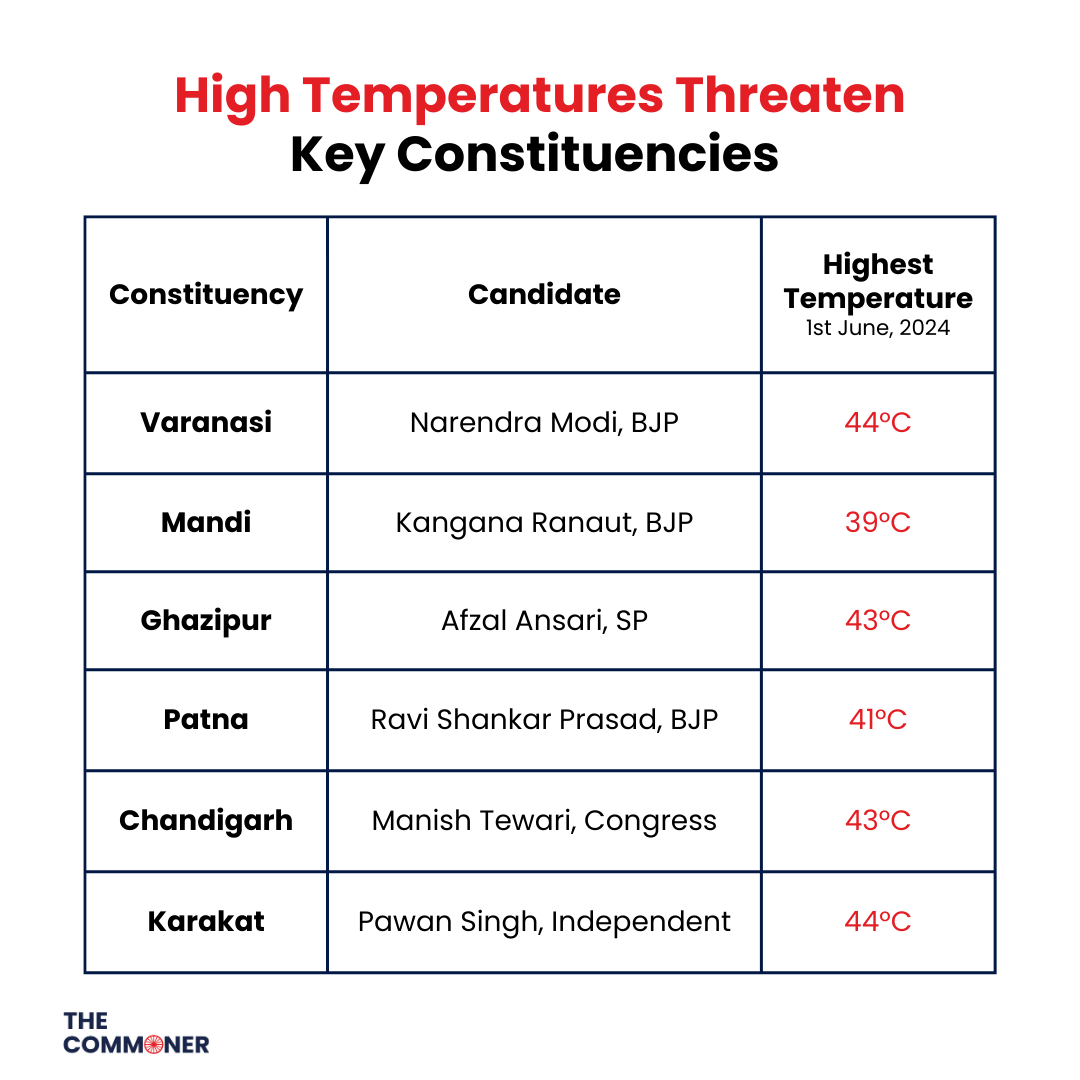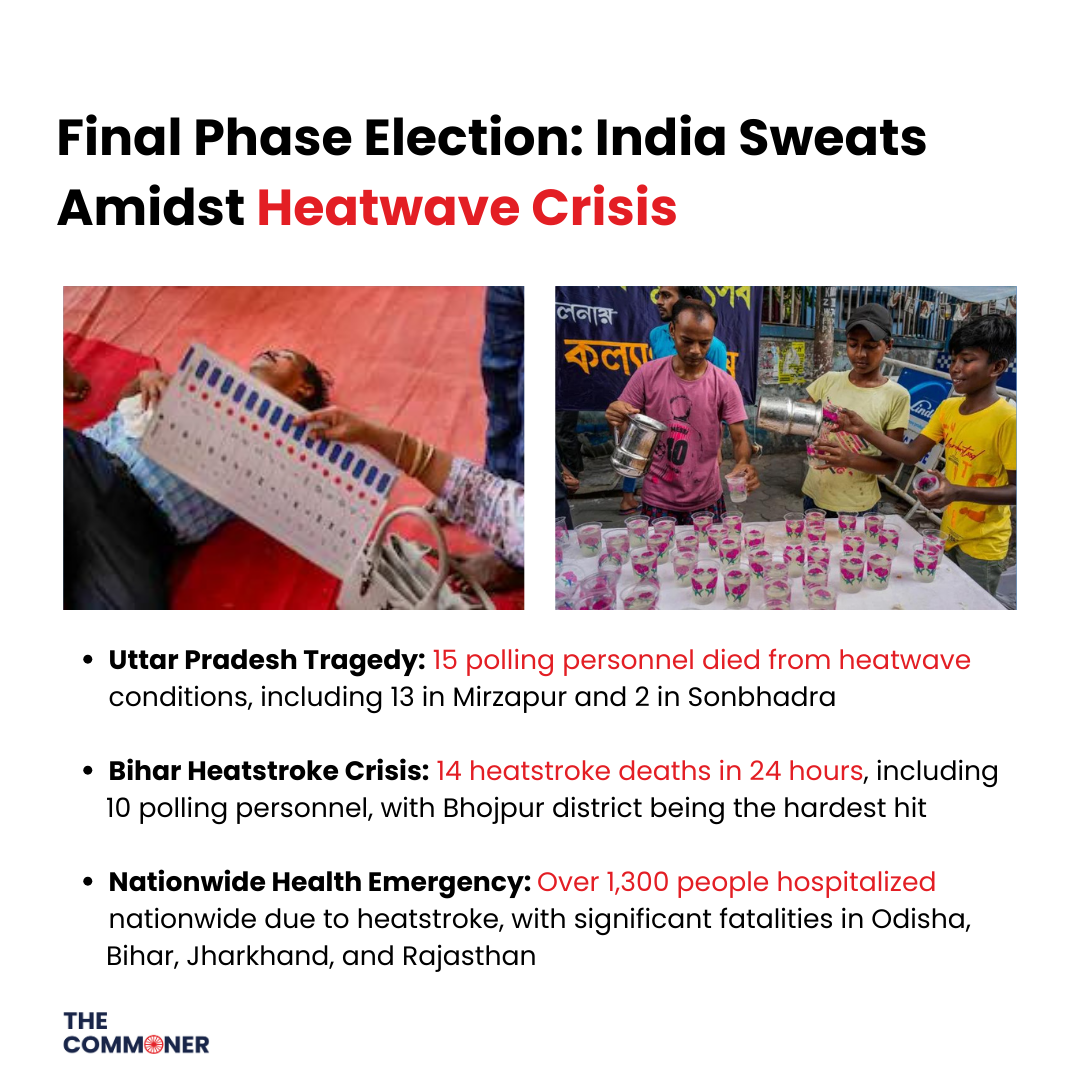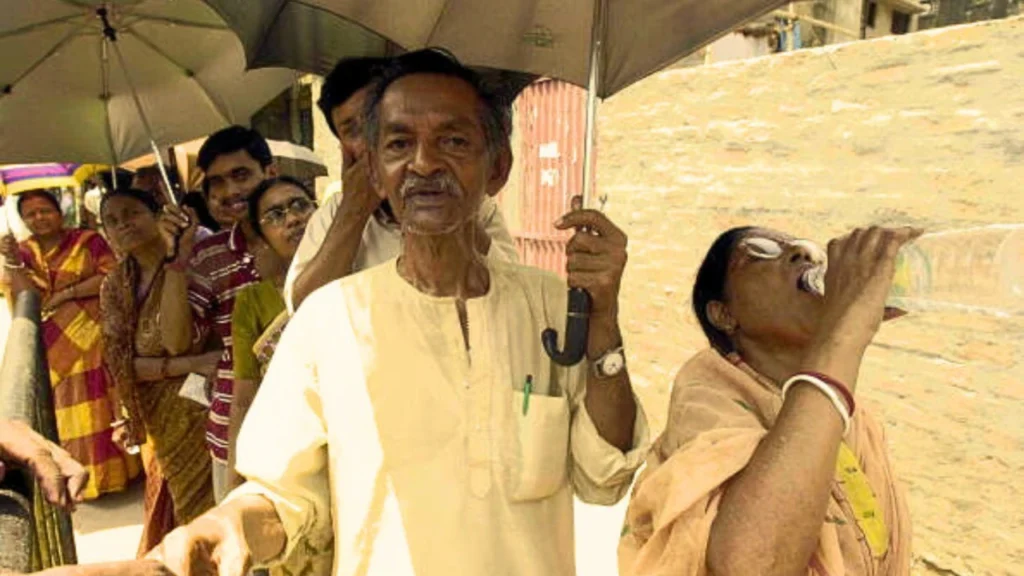Scorching Heatwaves Disrupt Historic 2024 Elections: A Democratic Challenge

The heat this year, is expected to be worse than in 2023.
Source: REUTERS
The 2024 Indian general elections, a monumental exercise involving nearly 970 million voters, were significantly impacted by unprecedented heatwaves that swept across the country from April to June. As the hottest months on record unfolded, the extreme heat posed a severe challenge to voter turnout and the overall election process.
This year’s heatwave has been notably more intense than previous years, with temperatures consistently soaring above 40 degrees Celsius in many regions. The India Meteorological Department (IMD) had predicted an unusually high number of heatwave days for the April-June period, which sadly proved accurate. Kerala and Odisha were among the worst affected, reporting numerous heat-related health issues and even fatalities. In Kerala alone, ten deaths were attributed to heat stress while waiting in voting queues.
Election Amidst a Climate Crisis
The election season coincided with this extreme weather, complicating the world’s largest democratic exercise. Voting took place in seven phases, concluding on June 1, and the heatwave made campaigning and voting particularly arduous. Many voters faced severe heat while standing in queues, which contributed to a noticeable decline in voter turnout.

The first two phases of the election saw a significant drop in participation, with a turnout of 66.1% and 60.9%, respectively, compared to higher figures in previous years. This decline was evident in several key states, including Bihar and Rajasthan, which are crucial for the ruling Bharatiya Janata Party (BJP). Rajnath Singh said, “Heatwave is one reason behind the low voter turnout. However, the reason behind people not being excited enough to vote this time is that they are sure that the Modi government is going to return to power with a larger majority.”
Political and Social Implications
Union Minister Nitin Gadkari’s collapse during a rally in Maharashtra’s Yavatmal highlighted the severe impact of the heat. Such incidents underscored the physical dangers posed by the heatwave to both voters and candidates. The reduced turnout has raised questions about its potential impact on the election results, with speculation about whether it could hurt the ruling party’s chances.
Historically, lower voter turnouts have sometimes led to surprising election outcomes. The BJP, aiming for a third consecutive term, faced challenges due to decreased voter enthusiasm, partly attributed to the extreme heat and partly to a perceived certainty of their victory, leading to voter complacency. “The severe heatwave has led to heat-related health issues and even fatalities among voters and polling staff,” noted an article from India Today.

Addressing the Crisis
Chief Election Commissioner Rajeev Kumar acknowledged the difficulties posed by the heat and indicated plans to adjust future election schedules to avoid the hottest months. He emphasized the need for better planning and mitigation measures to protect voters and election staff from extreme weather conditions.
The broader implications of this heatwave extend beyond the immediate electoral process. The increasing frequency and severity of such weather events highlight the urgent need for comprehensive climate action. The poorest and most vulnerable populations, who often lack access to adequate cooling and healthcare, are the hardest hit by these extreme conditions.

High temperatures are said to be one of the reasons behind lower voter turnout.
Source: AFP via Getty
The 2024 elections have spotlighted the intersection of climate change and democratic participation. As India grapples with rising temperatures, there is a growing consensus that electoral processes need to be more resilient to climate impacts. Moving elections to cooler months, improving infrastructure at polling stations, and ensuring better voter education on climate risks are essential steps.
Conclusion
The extreme heatwaves of 2024 have not only tested India’s electoral machinery but also underscored the broader challenge of climate resilience. As the country looks ahead, the lessons from this election will be crucial in shaping a more sustainable and equitable democratic process.

